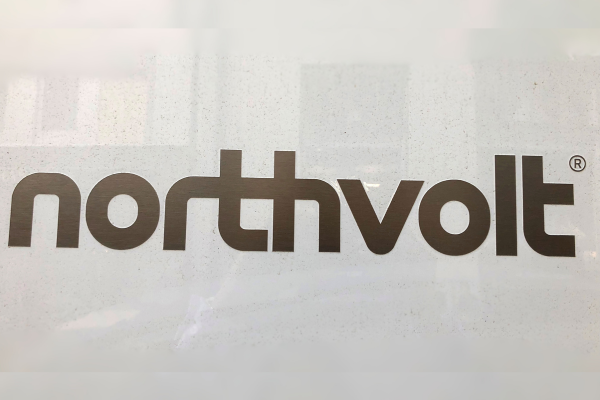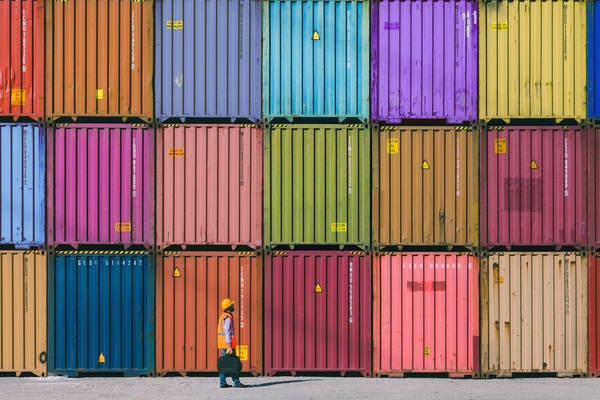Why you should care about supply chain stewardship
Sponsored by WSI
You’ve likely heard of end-to-end visibility – the practice of having data available across the supply chain in real-time. But another discipline is gaining prominence. End-to-end supply chain stewardship is becoming increasingly critical, especially when dealing with hazardous materials. Having a responsible third-party logistics (3PL) partner is imperative to seeing stewardship efforts through.
In case you aren’t familiar with it, the term ‘supply chain stewardship’ refers to the practice of carefully and responsibly managing products as they move through the supply chain. It entails taking the necessary steps to be a responsible logistics partner – that is, avoiding harm to the products themselves while simultaneously ensuring worker safety and being cognizant of the environmental impact.
In other words, it’s being a good steward.
What this involves in practice spans across a few different dimensions. First, it means handling products with care – storing them in a way that maintains their integrity, double-checking order itineraries and making sure that all items are in their original, desirable condition.
It also means keeping an eye on safety. Companies that practise stewardship are invested in recognising potentially harmful situations. They avoid using faulty equipment and shortcuts, and they aren’t afraid to pause for a safety discussion. They prioritise keeping employees and partners out of harm’s way.
Finally, practising supply chain stewardship involves environmental responsibility – not causing harm in communities where products are being stored or transported, and avoiding accidentally releasing hazardous materials into the open.
“I like to think of us as faithful stewards because we have a responsibility to get things done. We don’t just check boxes – we get assignments right,” says Scott Buber, Director of Chemical Operations at WSI. “We understand what our directives are: safety, communication and maintaining the quality and desirability of every order we receive.”
All of this is particularly important when it comes to chemical logistics. Shippers must contend with a host of bottlenecks in the supply chain. Ongoing labour shortages, port congestion and limited transportation capacity are all problems when trying to move any product but especially when it comes to hazardous materials. The opportunities for chemicals to be mishandled are myriad right now, but doing so puts them at risk of becoming dangerous or getting destroyed.
Meanwhile, environmental awareness has never been higher. According to the 2021 KPMG/MIT Center for Transportation and Logistics State of Supply Chain Sustainability report, 80 per cent of firms reported maintaining or increasing their commitment to environmental sustainability since the onset of Covid-19. Consumers are increasingly aware of the supply chain’s impact on the environment, and they care about how goods are produced and transported.
Taken together, these factors show that momentum for supply chain stewardship is there. Sustainability is at the forefront of many consumers’ minds, and the companies who come out on top will be the ones who can prove that they are committed to environmental and social goals – precisely what stewardship entails.
At the same time, there’s a heightened awareness about current chokepoints and a drive to fix them. Forget returning to the ‘old normal’. Shippers and consumers alike want the next ‘normal’ to be new and improved.
There’s a strong case for prioritising supply chain stewardship, but how can suppliers best work towards these goals? The key to improving stewardship is to work with a trusted, responsible 3PL provider.
When choosing a logistics partner, shippers will be best served by one with certain specific principles. They should seek one out that takes a forward-thinking approach to challenges. Whether that means chasing down a carrier to solve a capacity crunch or checking inventory one more time, the right logistics partner should be willing to go the extra mile.
A reliable logistics partner also won’t have anything to hide. Openness and transparency should be core values. Site tours, extra training sessions and any conversation should be viewed as a chance to collaborate. Because a 3PL partnership is just that – an opportunity to meet goals together.
Finally, being willing to agree to a high standard of management principles is paramount. You’ll know you’ve found the right logistics provider when its employees are willing to work in alliance with other companies to maintain strict protocols, as WSI does. As part of our commitment to the highest chemical management standards, we’re Responsible Care certified with the American Chemistry Council and Responsible Distribution verified with the National Association of Chemical Distributors.
“It’s our responsibility to make sure the customer is pleased with our service. It’s not a buzzword – it’s who we are,” says Buber. “We care about doing the right thing when no one’s looking.”
What matters most is caring for products and the people who move them. Be sure to find a logistics partner who can promise to do just that.

Business Reporter Team
Most Viewed
Winston House, 3rd Floor, Units 306-309, 2-4 Dollis Park, London, N3 1HF
23-29 Hendon Lane, London, N3 1RT
020 8349 4363
© 2024, Lyonsdown Limited. Business Reporter® is a registered trademark of Lyonsdown Ltd. VAT registration number: 830519543





